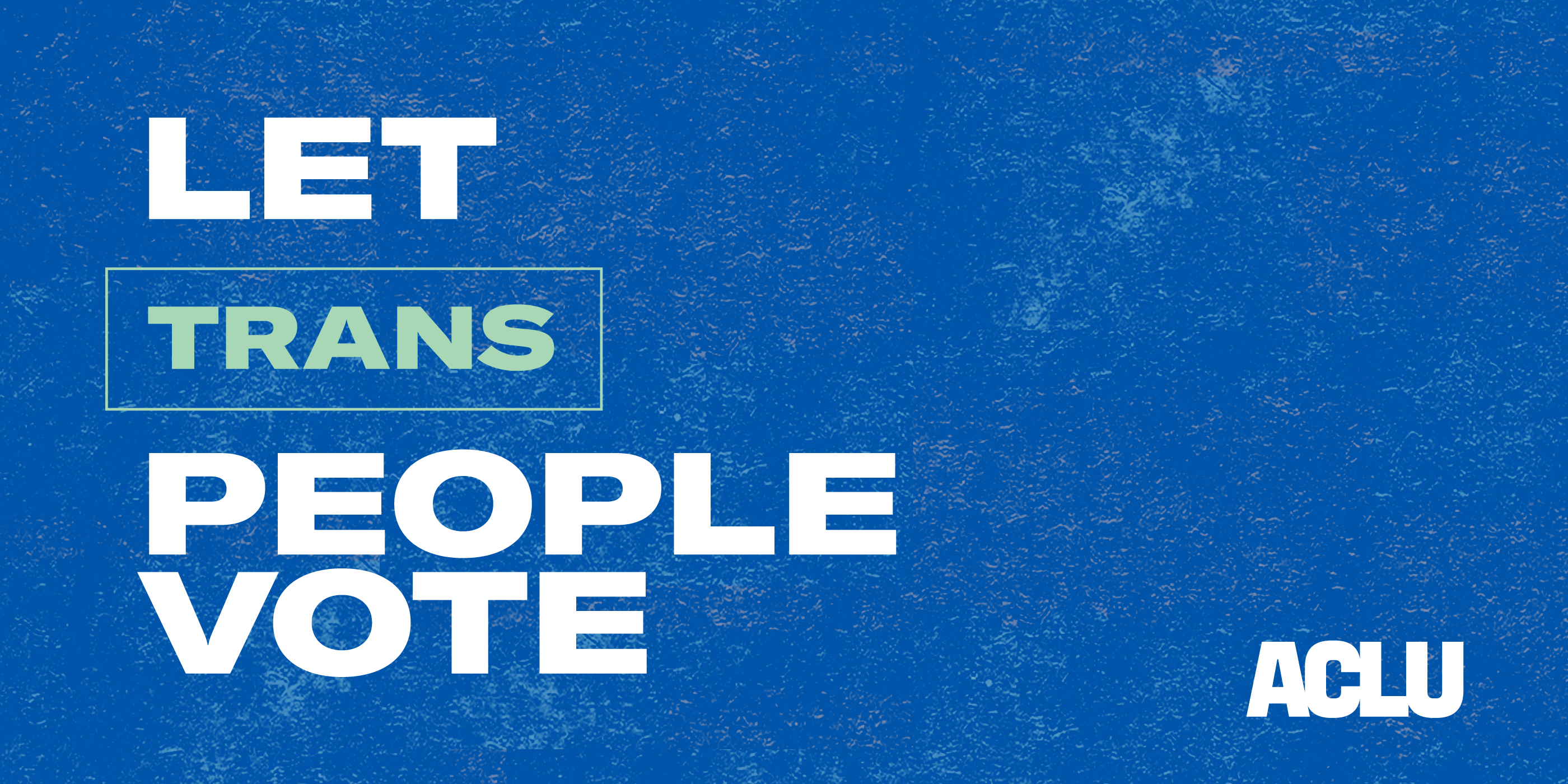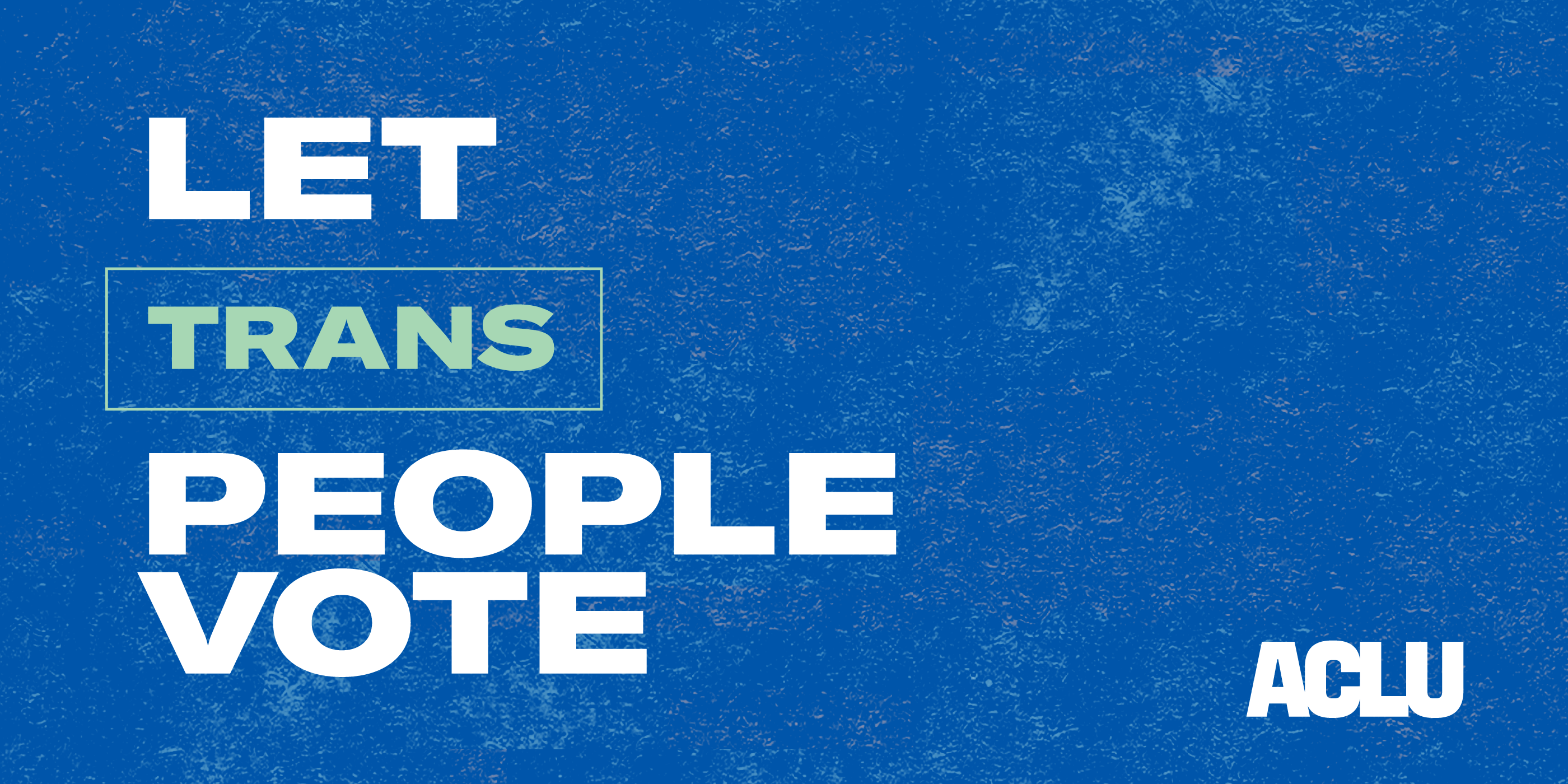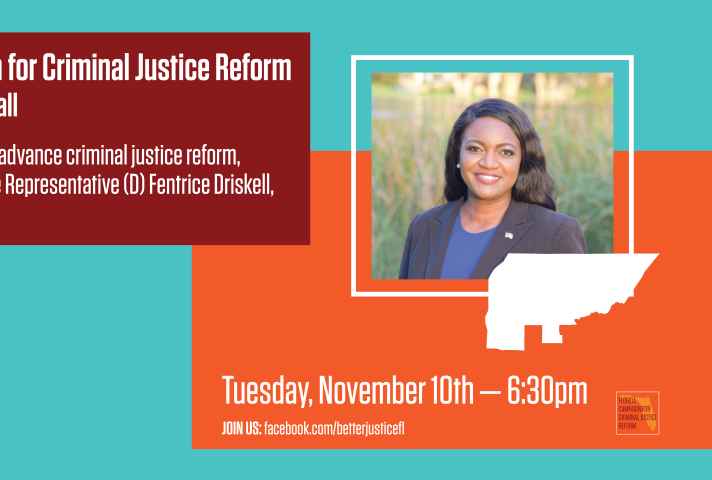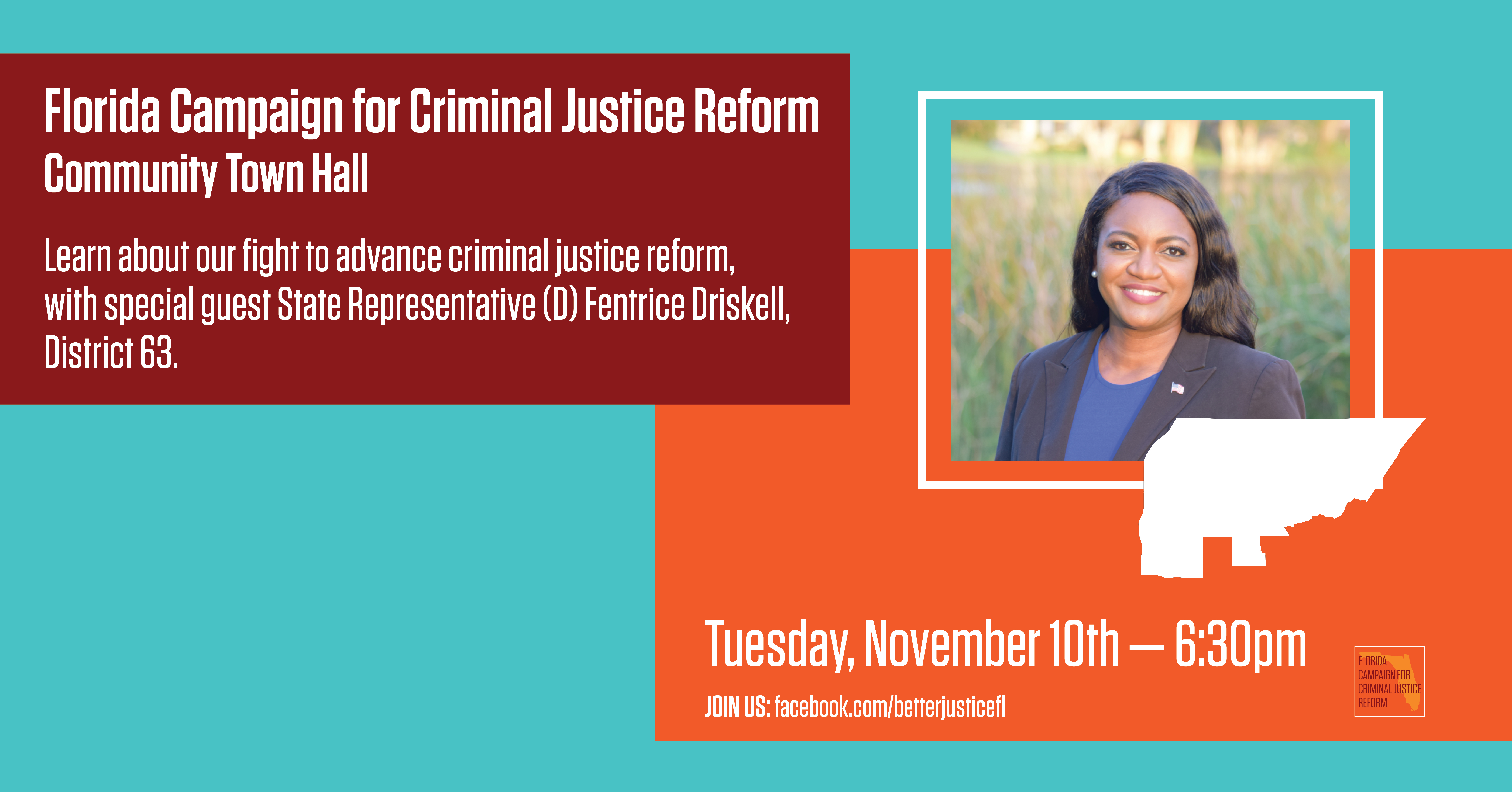Do you have a plan to cast your ballot on November 3rd or before during early voting? We’re all are asking this question, but for many transgender people it invokes an extra layer of questions and anxiety. Will I need to show ID? If so, can I get my name and gender marker changed on my ID in time? Did I change my name on my voter registration? How should I dress? Will a poll worker embarrass me, out me, or challenge my identity? WIll I get harassed for being trans or some other reason? Transgender voters encounter a number of barriers that make exercising our right to vote complicated, intimidating and unnecessarily difficult.
State ID laws have created a web of barriers for transgender residents to cast their ballot. There are around 378,450 voting-eligible transgender people across the country who do not have accurate IDs. And 81,000 transgender voters live in states with the strictest photo ID requirements.
https://twitter.com/ACLU/statuses/1234881082404765699
Trans people have to jump through lots of hoops to get updated identification that reflects who we are. Typically we have to submit a legal petition to state court and have a hearing in front of a judge. In some states we need background checks and to publish the name change in a newspaper, which costs money. We need to present documentation at all sorts of agencies to update our information, and changing gender markers can require a variety of burdensome medical certifications.
If that doesn’t sound complicated enough, this election has additional hurdles for transgender voters due to the coronavirus pandemic. Many state courts, DMVs, and social security offices closed, meaning trans people could not start their necessary legal filings or got stuck somewhere in the process. Now even with some offices reopening, huge backlogs and new protocols mean appointments are not available for months, leaving many trans people stuck in the lurch with mismatched documents heading into election day. Partly because many of us do not have stable, long-term housing, it can be challenging to keep our registration updated even under ordinary circumstances. Transgender people were twice as likely as the general U.S. population to report problems like not receiving an absentee ballot or being registered at the wrong address kept us from voting in the 2014 election.
These and other barriers do not impact all trans people equally. A 2015 survey found that Black transgender people were 3.5 times as likely as white transgender people to not be registered to vote because they feared anti-transgender harassment. IDs can cost money, and even if the ID is free the process of updating underlying documents can cost time and money which not all of us can afford to pay. Black and Indigenous transgender women are also more likely than other trans people to have been incarcerated, which sometimes leads to loss of voting rights.
As intimidating as these challenges may seem, trans people who are eligible to vote often do vote — in fact, we may vote in higher numbers than the general U.S. population. That may be because we know that our rights are on the line. It is illegal for poll workers to turn us away from voting because we are transgender. And the news is not all bad for transgender voters in this election. Expanded vote by mail access across the country due to COVID-19 may alleviate some of the threat of in-person intimidation, harassment, and questioning. If you plan to cast a vote by mail, make sure you check your voter registration status and fill out your ballot using the name you are registered under. Request and return your ballot as far in advance as possible, to avoid any last-minute problems. If you have questions about how to cast your ballot this election, check our voting resources or reach out for assistance.
Here at the ACLU we will continue the fight to improve access to updated identification and remove barriers to exercising your right to vote. In the meantime, we hope everyone who is eligible will vote! We need all of our voices in this democracy to keep moving toward justice for all.
Checklist for Trans Voters
- Check your voter registration status to make sure you are registered and your name and address are up to date.
- See our ACLU Let People Vote guide for info on whether your state allows vote by mail, early voting, and other important info on how to cast your vote.
- If you are voting by mail, make sure you fill out your ballot and sign using the name listed on your voter registration.
- If you are voting in person, consider going with a friend in case you encounter harassment or need to document discrimination. You may want to plan extra time in case you encounter difficulties.
- Call 866-OUR-VOTE (866-687-8683) if you encounter any problems while voting.
Date
Friday, October 16, 2020 - 3:45pmFeatured image





